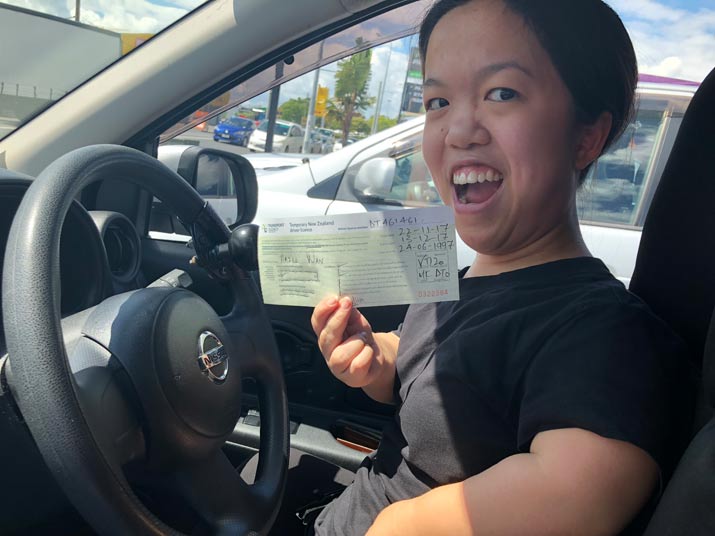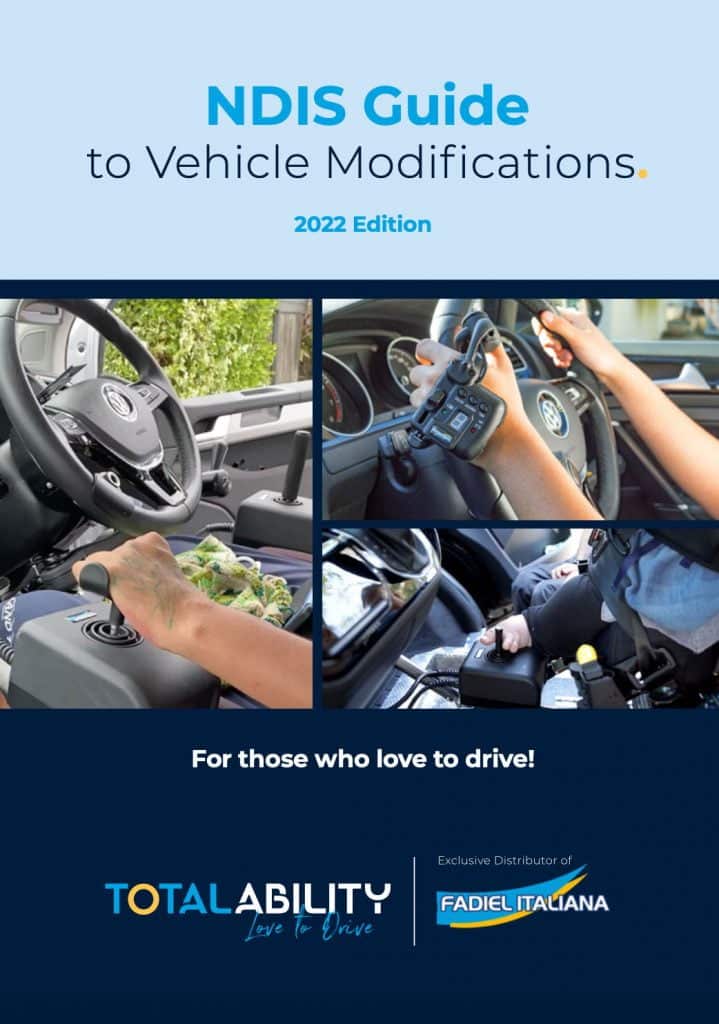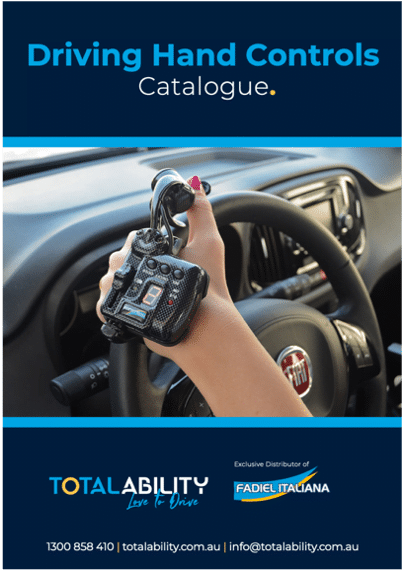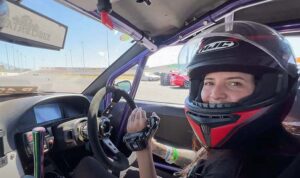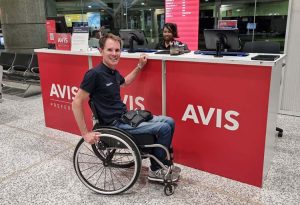Driving instructors require a mixture of patience, teaching and strong communication skills, not to mention a thick skin to cope with the hairier moments that inevitably happen when instructing learners.
Most of us who drive remember those early moments when everything seemed impossible to master, and for anyone changing gear with a standard clutch, bunny hopping along the road is hard to forget!
Learning to drive not only involves mastering the technical capability of driving a car, we also have to learn to ‘read the road’, understand and anticipate the intentions of other road users and pedestrians.
That combination of physical and mental skills makes learning to drive a challenge, so if you are someone with a disability that is either physical or mental, or both, that difficulty is heightened.
However, like many challenges people with disabilities face, learning to drive is far from insurmountable … usually through a little help from people like Edin Dzebhanic and his Polo Driving School.
Edin’s Journey to New Zealand
Edin arrived in New Zealand in 1999. Hailing from Montenegro, he had recently experienced the destructive results of the various wars that plagued the former republic of Yugoslavia after its break-up in the 1990s.
Edin had been a driving instructor in Montenegro, and he took the entrepreneurial step of opening the Polo Driving School in 2001 once he had settled in Auckland. About five years later, a chance meeting with an Occupational Therapist changed the direction of his work.
“David Peacock was looking for someone to help him assess a driver who had to take their driving exam again with a view to being passed fit to drive. So it wasn’t teaching the person to drive, just assessing their competency to drive,” Edin explains.
Becoming An Instructor For People with Disabilities
“For a while I was doing assessments, but it soon became clear to me that there was a need for someone to teach people with disabilities to drive.”
“In my last few years in Montenegro I had met several people who, because of the war, had lost a limb or had other physical trauma, and I had helped them to learn to drive, so this wasn’t my first experience of teaching people with a physical disability.”
“Ten years later, and I am one of only a few instructors on the north island of New Zealand dedicated to teaching people with disabilities with a wide range of challenges.”
“Teaching people without disability is rewarding – for everyone, passing their driving test is something to celebrate – but it is hard to describe the feeling I have when a client with a disability passes their test. I know that it can be life-changing, giving people back some degree of independence that they had either lost or never had.”
Working with Occupational Therapists
Working with Occupational Therapists is the key to a successful outcome for his clients. Edin likes to think of the relationship as a partnership or team that works together to get the best possible result for the person learning to drive.
“The outcome, for me, isn’t just passing a driving test. The outcome includes the driver having confidence in their ability to maintain control of a vehicle in all conditions and over time. Time can include the ability to drive long distances, and also driving for years after qualifying.”
“Part to the process is to work out the best possible equipment for each client to use. There is no ‘one-size-fits-all’ solution, so it is really important that neither I nor the Occupational Therapist I work with prejudges what is required.”
“My clients want to be informed and are entitled to trial and learn with the full range of solutions available.”
“The equipment I use in each lesson will depend on what best suits the driver’s physical and mental needs. The Occupational Therapist and I also have to consider what is happening in the client’s life.”
Using Fadiel Italiana Equipment
Edin has a range of partnerships with suppliers of driving controls, including, of course, Total Ability and their range of Fadiel Italiana equipment.
“My vehicles don’t only come fitted with Fadiel equipment, but it is certainly an important addition to the overall range I have at my disposal.”
The need for this variety is crucial. Edin points out, that there is no point in teaching a client to drive on equipment that won’t or shouldn’t eventually be installed into their car.
“For example, there is no point fitting equipment to a client’s car if that car is about to be changed, and the equipment can’t be refitted in the new car.”
“If my client needs to drive longer distances, the equipment must be something that doesn’t cause undue fatigue, not always a consideration during a driving lesson. If the client has cognitive impairment, the controls have to be more straight forward to use as that person might not be able to multi-task easily.”
We asked Edin how Fadiel stacks up: “One of the reasons I work with Fadiel equipment is that is ticks so many of the variables that I, the Occupational Therapist and my clients have to consider: simple to use, easy to refit into another vehicle, minimal fatigue on long drives.”
Patience – A Driving Instructor’s Virtue
So, has Edin ever been confronted by a client whose needs couldn’t be met?
“Every person and every disability is different and sometimes there are more complicated situations, but in the end of the day whether it is showing patience with someone who is very nervous, or spending time trying different equipment to solve a difficult challenge, we have found a solution that suits the client, it just takes a bit more time and patience.”
Patience is probably the word most driving instructors see as an important part of their skill set, and Edin’s clients certainly value his patient approach as a teacher.
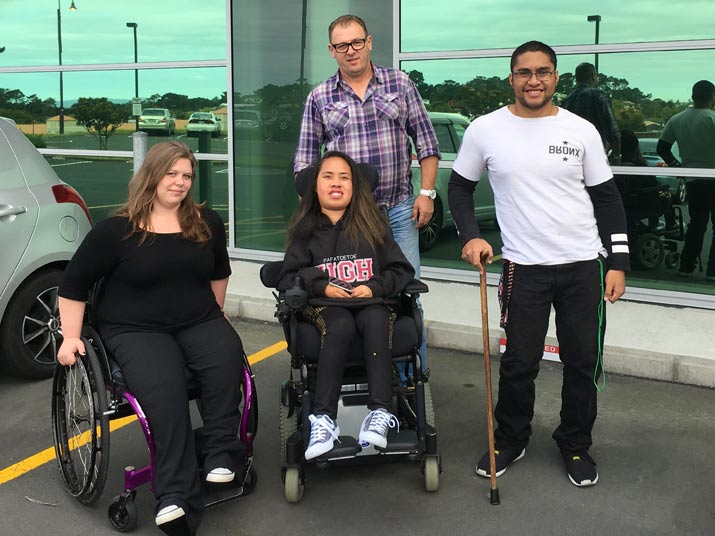
The Student’s View
Joshua Fuimaono and his partner Grace both have cerebral palsy and are learning to drive with Edin, so Joshua is well placed when commenting on Edin’s process:
“From my experiences, Edin uses the first few lessons to gauge the skill and knowledge of his clients and from there caters his approach to each client case, from advice on which hand controls are best suited to their abilities, to unique and varying ways for individuals to tackle the same problem.”
Joshua is also using Fadiel equipment, noting, “the use of these hand controls has put me at ease with something I thought would be a very daunting task.”
“The Fadiel system reduces stress as I don’t have to fiddle with different controls while trying to drive the car. Otherwise there would be a far greater toll on my arms, especially on long drives. I am more relaxed when using them, and that allows me to sit behind the wheel comfortably.”
And Joshua also had some words of praise for Edin the person, not just Edin the driving instructor.
“Edin is also pro-accessibility, promoting newer and more innovative ways to enrich the lives of people with disabilities as well as advocating for their independence, health and well-being.”
Whilst Edin’s journey from Montenegro to Auckland, and from traditional driving instructor to one who specialises in teaching people with disabilities, hasn’t always been an easy path, he is keen to see other driving instructors following in his footsteps.
“I hope that if other driving instructors read this, they are inspired to try this work. The emotional reward is something I can’t describe. It certainly keeps me motivated.”
The Future for Polo Driving School
What’s next for Edin and the Polo Driving School? It seems Edin may have been casting an envious eye over Total Ability’s High Level Assessment van:
“My next step is to fit out a van with a ‘drive from wheelchair’ facility like the Total Ability van. I still have clients who cannot access my vehicles and it’s frustrating not to be able to teach them when you know the benefit they would receive from being able to drive themselves. It’s a big investment, but it’s certainly a goal worth working towards.”


